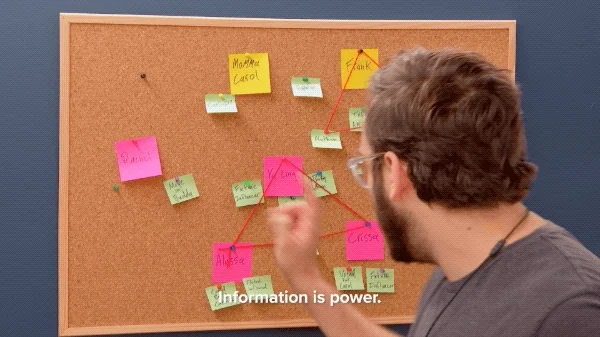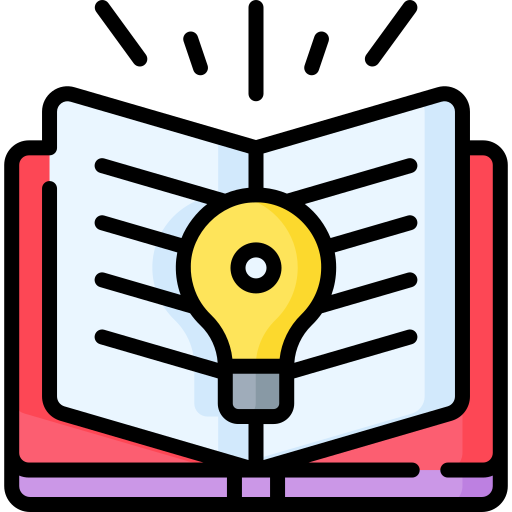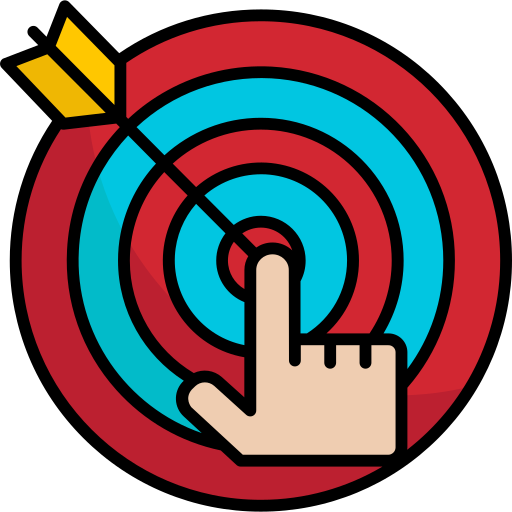
This logo isn't an ad or affiliate link. It's an organization that shares in our mission, and empowered the authors to share their insights in Byte form.
Rumie vets Bytes for compliance with our
Standards.
The organization is responsible for the completeness and reliability of the content.
Learn more
about how Rumie works with partners.
Are you an English language learner wondering how to progress to the CEFR C1 level but don't know how to do it?
If so, stop practicing with textbooks, and memorizing weird and unusual words.
Instead, follow this study plan to go from intermediate to advanced level in English.

What is exactly the CEFR C1 level?
C1 is the second highest English level of proficiency within the Common European Framework of Reference (CEFR). It corresponds to English users who can express themselves fluently and spontaneously.
Understand longer and more complex texts, recognizing implicit meaning, humor, and sarcasm.
Express yourself fluently with immediate responses, without taking too much time searching for expressions.
Adapt your language to professional, academic, and social environments.
Produce concise and well-put texts on complex subjects.
How many hours do I need to progress from intermediate to advanced?⏳
As an intermediate language user, getting to the next level is harder when you're closer to the top.
According to EF, the recommended study hours from B2 to C1 are somewhere between 200 to 250 hours.

Don't fear! Now that you know this transition requires some work and time, embrace yourself, and let's talk about the steps you need to take to become a C1 user.
1. Immerse yourself into language as much as possible 👂🏻
According to the Council of Europe can-do statements at a C1 English level of proficiency, you can understand:
extended speech even when it is not clearly structured
television programmes and films without too much effort.
What can you do to achieve these?
Let's start with the most important step: developing the skill of "thinking in English".

When you speak at the C1 English level of proficiency, your brain isn't relying on memorized grammar rules. It focuses on the meaning rather than form.
The best and fastest way to think in English is to imagine having to use English for everything you need to do.
Try to stop thinking and talking to yourself in your native language.

Start with simple steps:
Get rid of subtitles — your brain is so powerful and if you force it to understand things, it will do it!

Train yourself to listen to recordings with noisy backgrounds and interference.

2. Read extensively 📖
To achieve the C1 English level of proficiency in reading, you can understand:
long and complex factual and literary texts even when they do not relate to your field.
specialised articles and longer technical instructions.
— Council of Europe

For example, if you take the TOEFL test you can find texts about biology, economics, or science that might include some terms you didn't know beforehand.
Ways to improve your reading:

Switch to more advanced resources. Look at texts from magazines like:

Understand what is being conveyed.
Implement this when you read texts you're not familiar with, and you don't understand a word or an expression.
Guess what that word or expression means based on the context instead of looking it up, otherwise the reading will get frustrating and inefficient.
3. Apply your writing skills 📝
When at the C1 English level of proficiency, you can:
express yourself in clear and well-structured texts.
write about complex subjects in a letter, an essay, or a report.
select a style appropriate to the reader in mind.
— Council of Europe
Ways to improve your writing:
Make summaries about what you have watched or read in your words. When you express and form an opinion. ✅
Apply the new vocabulary words or idioms you've learned while watching or reading something. ✅
Be attentive to detail. You have to be very clear with what you're writing and pay attention to typos and spelling of words. ✅
Write essays to practice your writing skills or take mock tests of your specific exam. ✅

4. Speak up! 🗣️
With a C1 speaking level, you can:
express yourself fluently and spontaneously without much obvious searching for expressions.
use language flexibly and effectively for social and professional purposes.
— Council of Europe
However, this is one of the most challenging areas to prepare, especially when you interact with native speakers because you probably think they're judging your English all the time.

To hear an audio version of the information in the image above, click the play button on the audio player below:
And even if that feeling never goes away, here are some things you can do to improve your speaking to the next level:

Apply words and expressions that you learned when reading or listening, and try to use synonyms for the words that you already know.
Use online resources. Talk with AI (the paid version of Chat GPT allows you to interact with it in English). Go to Speechace or Speak&Improve.

Avoid sounding too repetitive. Don't overuse words such as "literally" or "very". It's okay to use these words in moderation but you shouldn't be using them in every sentence you say.
Don’t worry about making mistakes, everybody does that! 😌
5. Don't rely on memorized grammar and vocabulary 🚫
According to Victoria University of Wellington, the C1 English level of proficiency requires you to know 5,000 to 6,000 words.
This might sound overwhelming but the only way to acquire this vocabulary is by constantly being exposed to the language.

How can you do it?
Use the language to learn new stuff with online courses. ✅
For example, you can taking courses with Udemy or Coursera.
In this way, you can use the language to get new information about something that interests you and learn the language itself.
If you start working with the language with a specific topic, you'll learn new vocabulary connected to it and use it as active vocabulary.
Read to broaden your vocabulary. ✅
Reading various kinds of texts, such as news articles, magazines, novels, poetry, blogs, etc. familiarizes you with different grammar structures, especially while paying attention to the advanced ways to use the past, the present, and the future tenses.
If you want to test your vocabulary go to lextutor.ca.
Quiz
What should you do if you want to add 200 more words to your English level?
Practice pronouncing and expressing your new words and expressions to become fluent, otherwise it'll be only passive vocabulary.
Take Action

Are you ready to reach the C1 English level of proficiency?
This Byte has been authored by
Sandra Aguirre
Instructional Designer
Certificate

